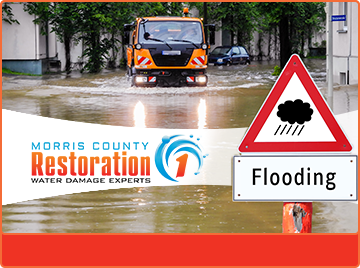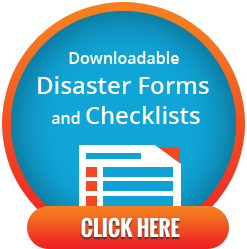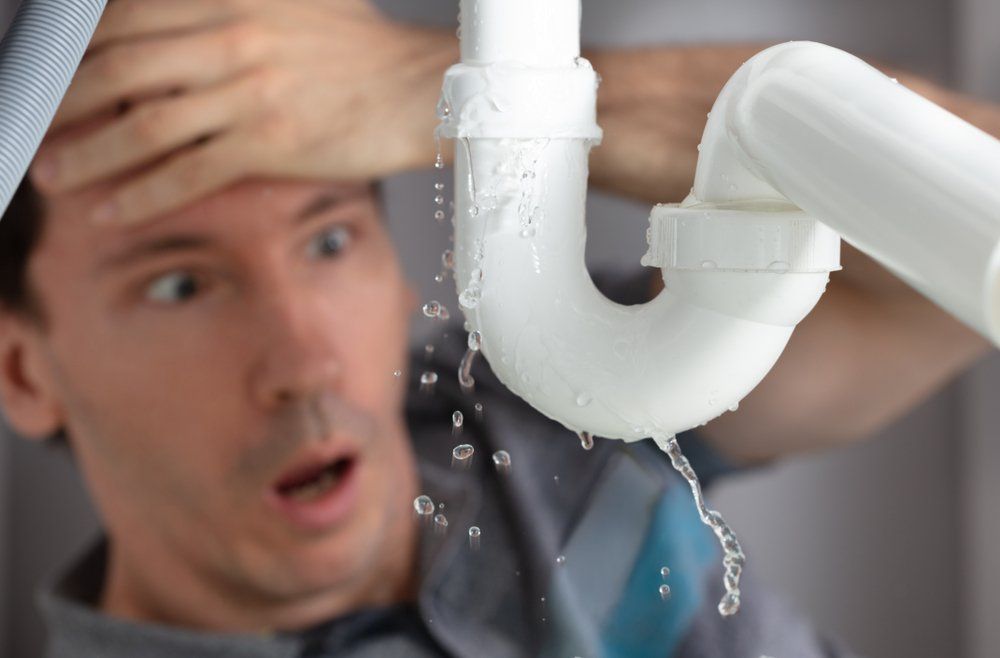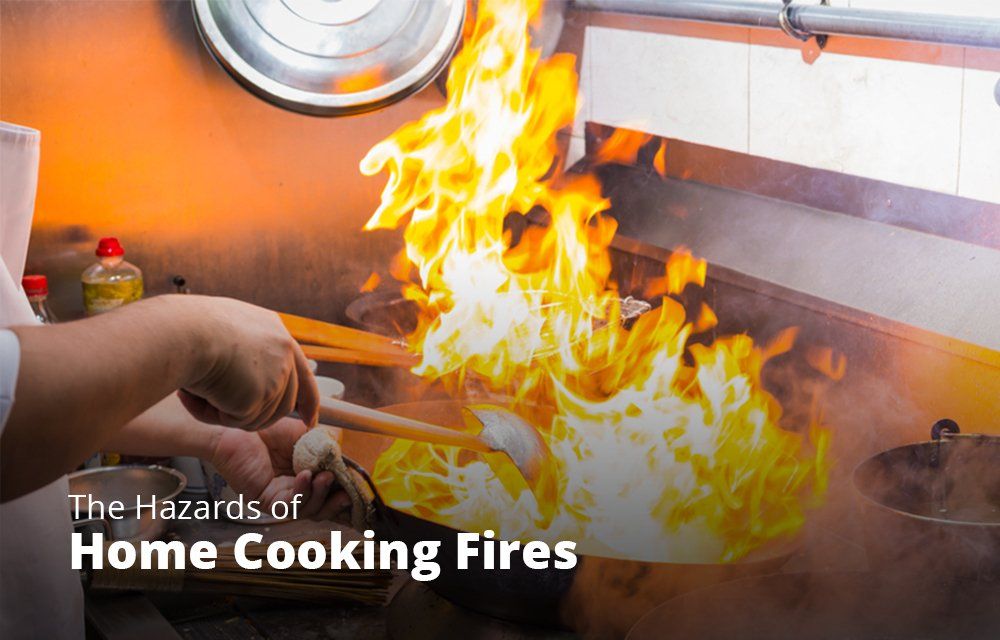FAQs - Restoration 1 of Morris County
It may seem like there are more questions than answers when you are dealing with water, mold or fire & smoke damage. Here are some answers to commonly asked questions:
CONTACT US TODAYWater, Fire & Smoke Damage Restoration FAQs
Most people have questions once a fire has occurred, mold is discovered, or there’s been flood damage. We have the right answers to your most commonly asked questions.
Mold Remediation FAQs
REQUEST SERVICE

Contact Us
“Our Restoration 1 Promise”
Our promise is that we will use the best materials and above code quality craftsmanship to restore your damaged property.
Recent Blog Posts
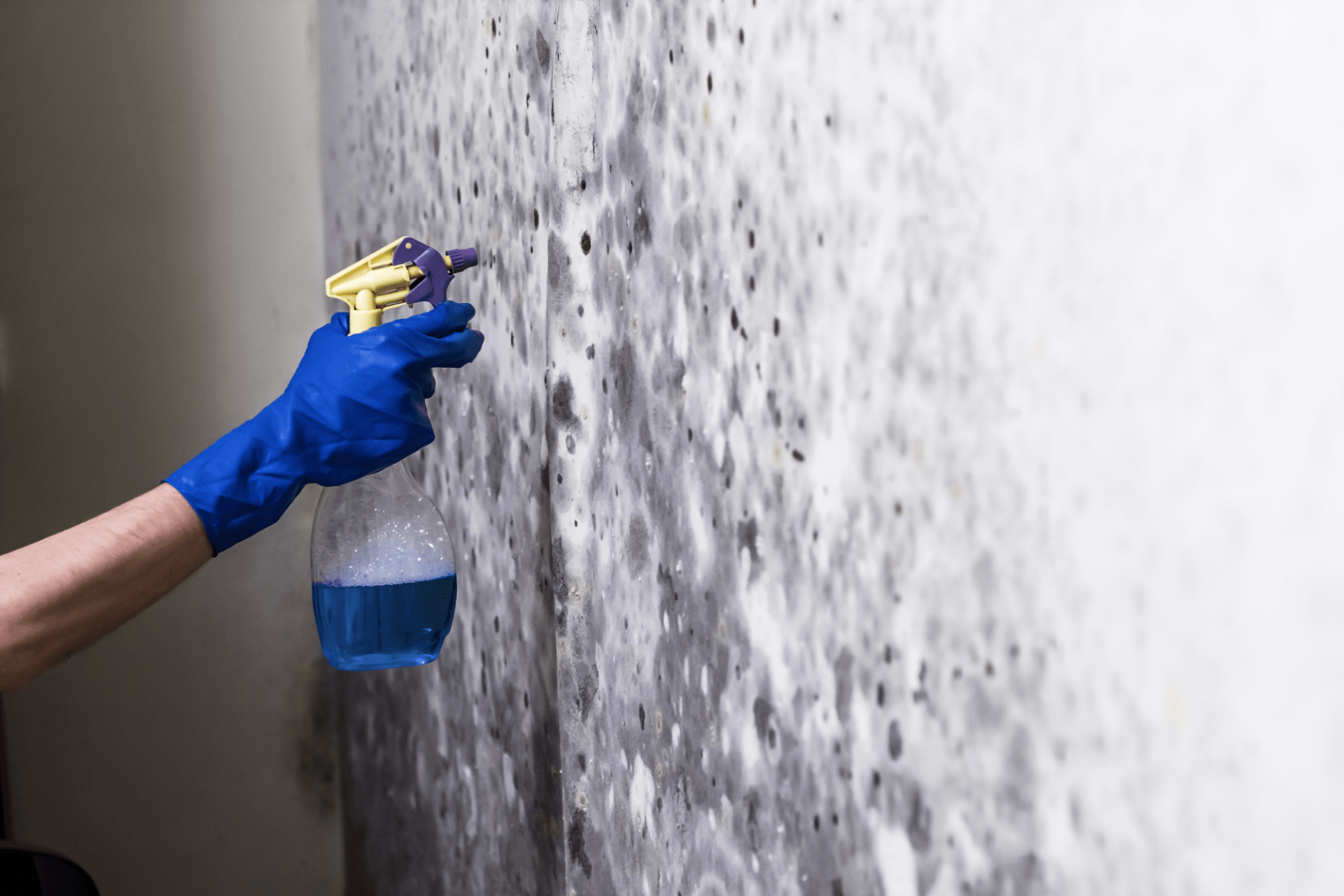
Throughout Morris and surrounds, we have seen rapidly changing and evolving situations when it comes to virus updates. For the last decade, Restoration 1 of Morris County has specialized in bio-hazard cleanup, which means our certified experts are ready for all your virus disinfection and sanitation needs. Rest assured, our team is equipped with advanced equipment and trained on the latest techniques to clean up any type of bio-hazard. We are stocked with CDC and EPA approved cleaning agents to effectively clean and sanitize your floors, bathrooms, keyboards, shelving, door knobs, storage areas and all other surfaces people may have come in contact with. On top of this, we are fully trained and equipped with the proper safety equipment to reduce the risk of contamination or illness from any bio-hazard materials. The sooner we get on the job, the better. We offer 24/7 emergency services and flexible scheduling to work with your individual needs. Here’s How Restoration 1 of Morris County Will Complete a Virus Disinfection & Sanitation: Our team is certified by the IICRC (Institute of Inspection Cleaning & Restoration Certification) when it comes to disease cleanup Restoration 1 uses the approved CDC and EPA industrial-strength disinfectants to decontaminate and disinfect surfaces. We properly handle hazardous and infectious bio-hazard waste, such as infected materials Restoration 1’s cleanup technicians are always dressed in fully encapsulated personal protective equipment with a full-face respirator masks How You Can Prevent Virus and Disease From Spreading Stay Informed. We recommend that you check the following resources daily for the most up to date information: Centers for Disease Control: cdc.gov Google Blog: https://www.blog.google/inside-google/company-announcements/covid-19-how-were-continuing-to-help/ American Public Health Association: https://www.apha.org/topics-and-issues/communicable-disease/coronavirus/in-the-news World Health Organization: who.int Health Resources and Services Administration: https://www.hrsa.gov/public-health/index.html Your State and Local Public Health Websites, such New Jersey Department of Health For general questions about corona virus, call the Morris County Help Line at 1-800-222-1222.. Viruses often spread via human contact. They can also spread via respiratory particles that are left on surfaces and objects. These infected particles can come from coughing or sneezing. The particles can continue to live on a surface for weeks even after first contact. If someone else comes into contact with these particles, and then touches their face, mouth, nose or eyes without washing their hands, they are also at serious risk of contracting the virus. Avoid coming into contact with people, maintain a safe distance in social situation Do not shake hands or hug people Carry an alcohol-based hand sanitizer Wash your hands often with soap and water for at least 20 seconds especially if you feel you may have been in contact with infected particles Avoid touching your eyes, nose, and mouth unless you have recently washed your hands Avoid close contact with people who are sick and stay home if you are feeling sick, unless you need medical assistance Cover your mouth and nose when you cough or sneeze with a bent elbow Clean and disinfect frequently touched surfaces daily When it comes to virus disinfection, it’s better to be safe than sorry. Contact our Morris County branch today, on 973-810-4145. Disclaimer: Please be advised that nothing completely eliminates bacteria or viruses and these are efforts to contain and control the spread of a virus.


